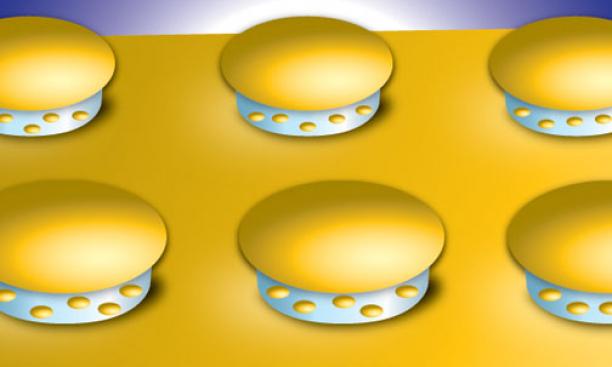

A NANOMATERIAL created by Princeton engineering professor Stephen Chou could greatly heighten the sensitivity of disease-detecting medical tests, which could facilitate earlier diagnoses of Alzheimer’s disease and cancer. Low levels of disease-associated chemicals, or biomarkers, do not bond with enough light-emitting antibodies to be detectable in standard tests. Chou created a magnifying nanomaterial of gold and glass nanostructures that amplifies fluorescence levels and allows for the detection of biomarker levels three million times lower than previous tests. The findings were reported in “Analytical Chemistry” in April and in “Nanotechnology” in May.
Emeritus history professor and CIVIL WAR authority James McPherson looks seaward in “War on the Waters: The Union and Confederate Navies, 1861–1865” (University of North Carolina Press). Only 5 percent of Union military personnel were sailors or marines, and their contributions often are overlooked. But McPherson says they played a disproportionate role in subduing the South, whose naval resources woefully lagged.
Unlike modern philosophical debate, usually abstruse, the philosophies of the ANCIENT WORLD had the practical aim of teaching people how to live better, says philosophy professor John M. Cooper in “Pursuits of Wisdom: Six Ways of Life in Ancient Philosophy from Socrates to Plotinus” (Princeton University Press). Aristotelians, Stoics, Epicureans, and others lived out coherent worldviews until, Cooper laments, Christianity snuffed them all out.
